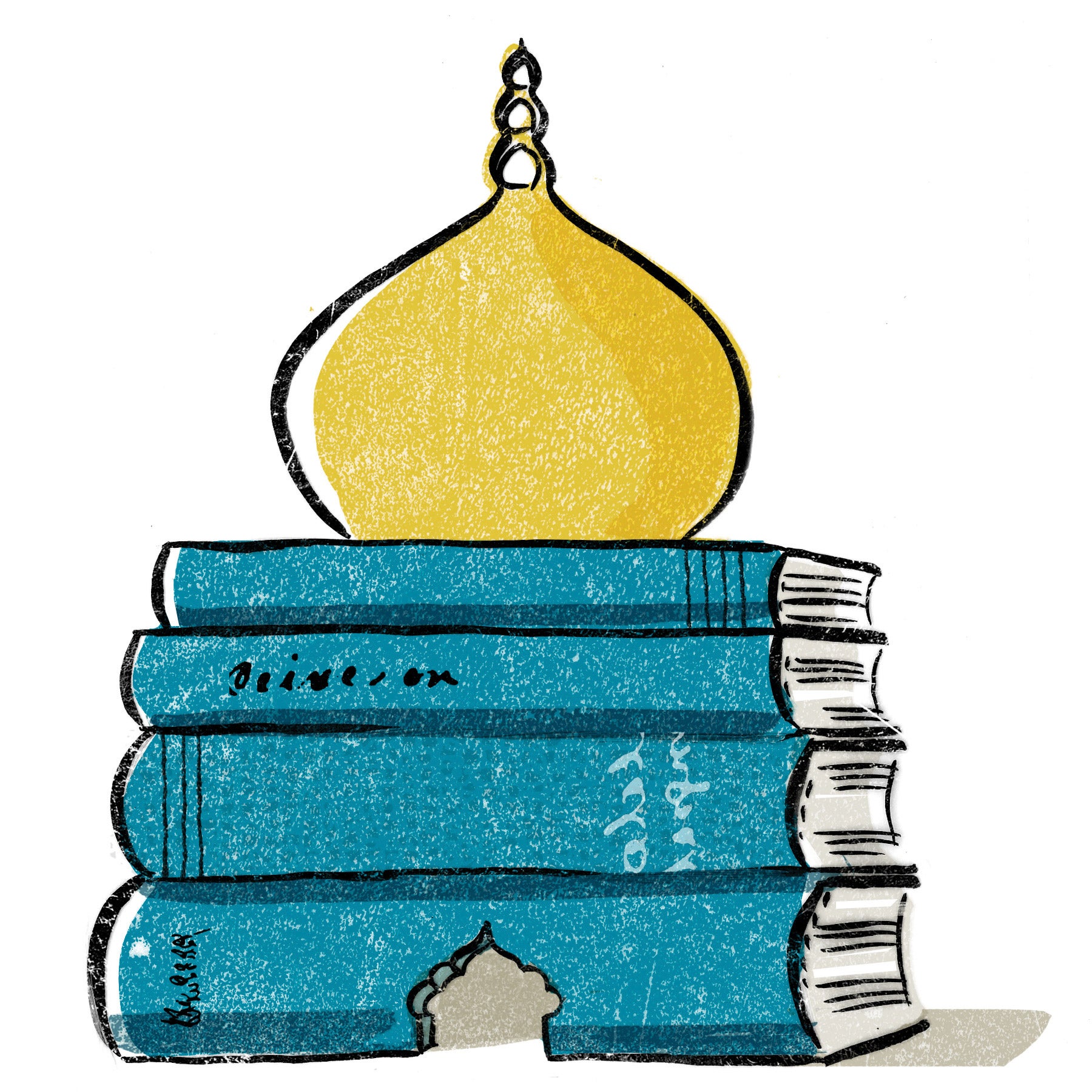Professor Noah Feldman has done plenty of thinking about the intersection of religion and law, particularly in the Arab World. In his latest book, he seeks to explain the rapid growth of Islamist political parties calling for the establishment of religious Sharia as the governing law.
The popularity of Islamist parties, Feldman writes, is a backlash against autocratic rule that has dominated much of the Arab world ever since the disappearance of the one institution that once counterbalanced executive authority: the scholarly class.
The origins of Feldman’s book—”The Fall and Rise of the Islamic State”—go back to 2003, when he was in Iraq as an adviser to the Coalition Provisional Authority.
“I was overwhelmed by the sense that after the fall of Saddam and the Ba’ath Party there was little in the way of credible institutional authority that remained in much of the country,” he says.
But Feldman observed that among the Shi’is, scholars had some authority. That led him to think more deeply about the historical role of scholars in the days before modern Middle Eastern autocracy.
Feldman retraces the history of the scholarly class, which once served as the guardian of the law. Rulers uncertain about the lines of succession sought the stamp of legitimacy that scholars could provide. In turn, the rulers gave scholars wide berth to develop the common law of the Sharia. Scholarly control of the law encouraged stability and provided a powerful check on rulers who were compelled to stay within the bounds of Sharia.
But that model faltered, Feldman writes, with the decline of the Ottoman Empire in the 19th Century. Written legal codes replaced the common law of the Sharia, and scholars were further supplanted when a new constitution invested the lawmaking function in a legislature. When the Ottoman sultan later abolished both the constitution and the legislature, the result was the loss of any sort of counter-balance to executive dominance, clearing the way for autocratic and absolute power.
Current calls for an Islamic state, Feldman says, represent an understandable backlash against autocratic rule. Citizens, he writes, are eager “for a legal state that would be justified by law and governed through it.”
But what kinds of institutions might emerge to develop and apply Islamic law? Feldman believes there is little chance that a reconstituted scholar class could serve as the necessary counterweight to autocratic executive rule. Instead, he surmises, legislatures could draw upon the Sharia when passing laws which would, in theory, “comprise the true spirit and content of the divine will made into contemporary law.”
A hybrid system—constitutional democracies with Sharia-based legal institutions (including Islamic judicial review)—could either be the most promising development in Islamic law since the Ottoman Empire’s collapse or “a disaster waiting to happen,” Feldman writes.
If those are the two possible outcomes, Feldman isn’t optimistic. “The combination of an elected legislature, a powerful judiciary, and a secret recipe of Islamic values is the worst sort of naive fantasy of political-legal reformation,” he writes. He fears that newly democratically elected legislatures in Arab and Muslim countries lack the “incentives, the experience or the confidence to become something greater than the sham legislatures that prevail in many places in the Arab and Muslim worlds.”
Similarly, there’s no guarantee that other branches, the police or the executive, would obey commands of a new court. “It takes generations for newly designed institutions to catch on and begin to perform their functions.” Furthermore, “the stars must align perfectly so that qualified, intelligent, farsighted statesmen come to occupy key positions. The odds that all these conditions will converge are very small—so small as to be negligible.”
Feldman says he’s excited by the early reaction to the book among students of Islamic studies, particularly those who seem increasingly open to the idea that the scholars were historically able to influence the executive.
And, ever mindful of the scholar class in Islamic cultures, he is especially eager to see the book translated into Arabic.
